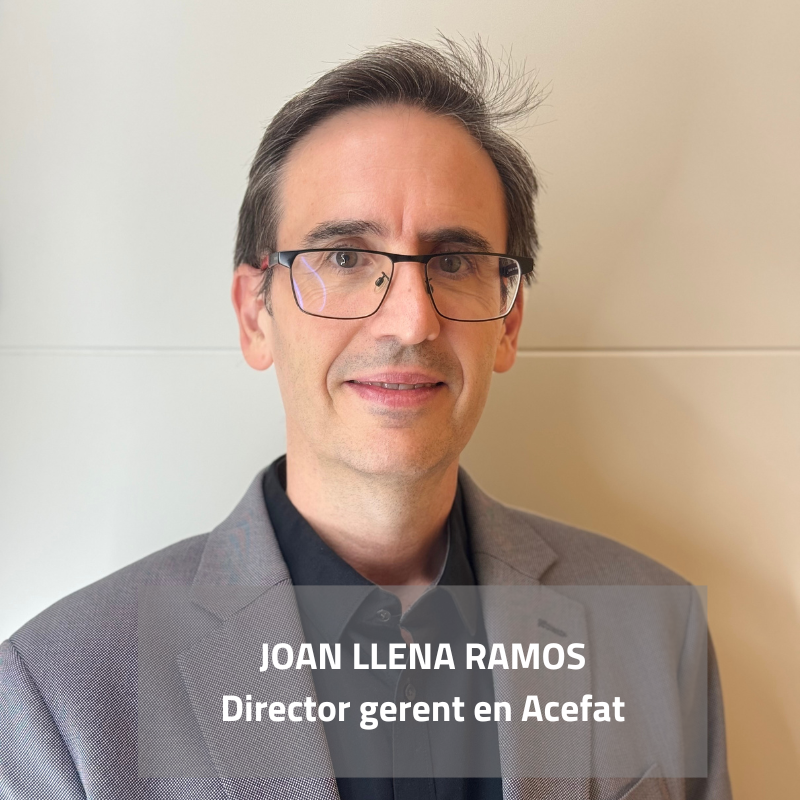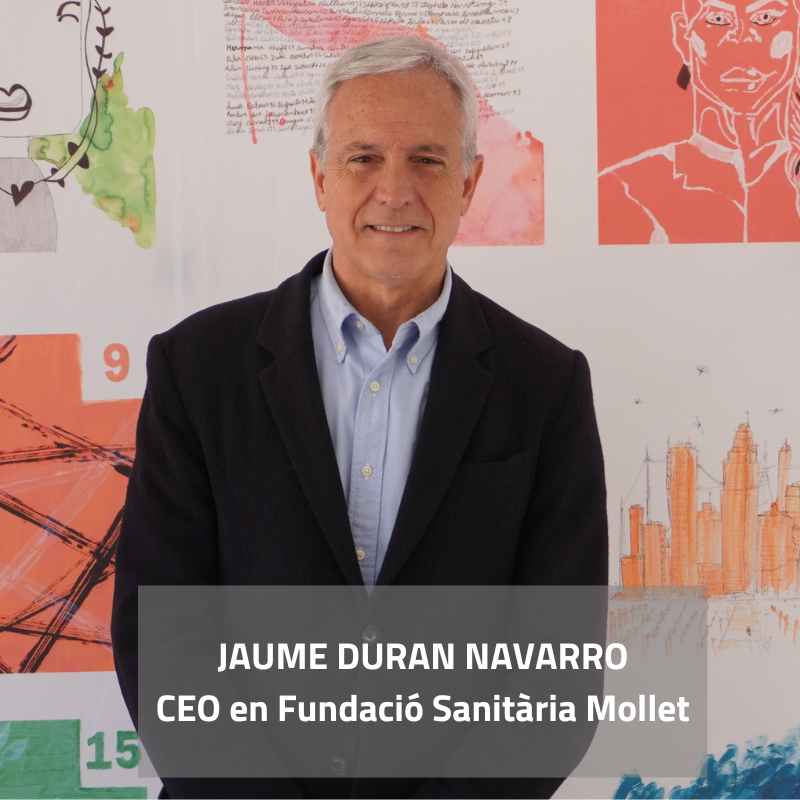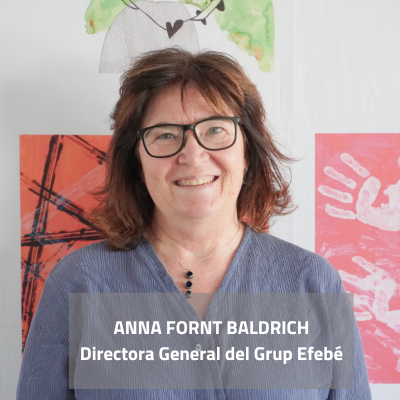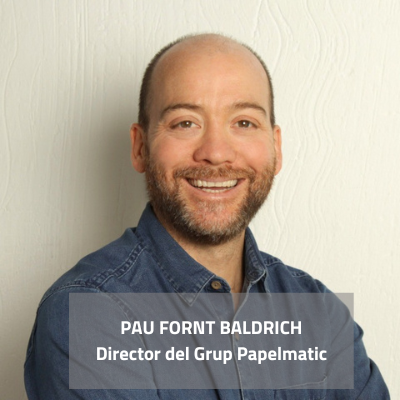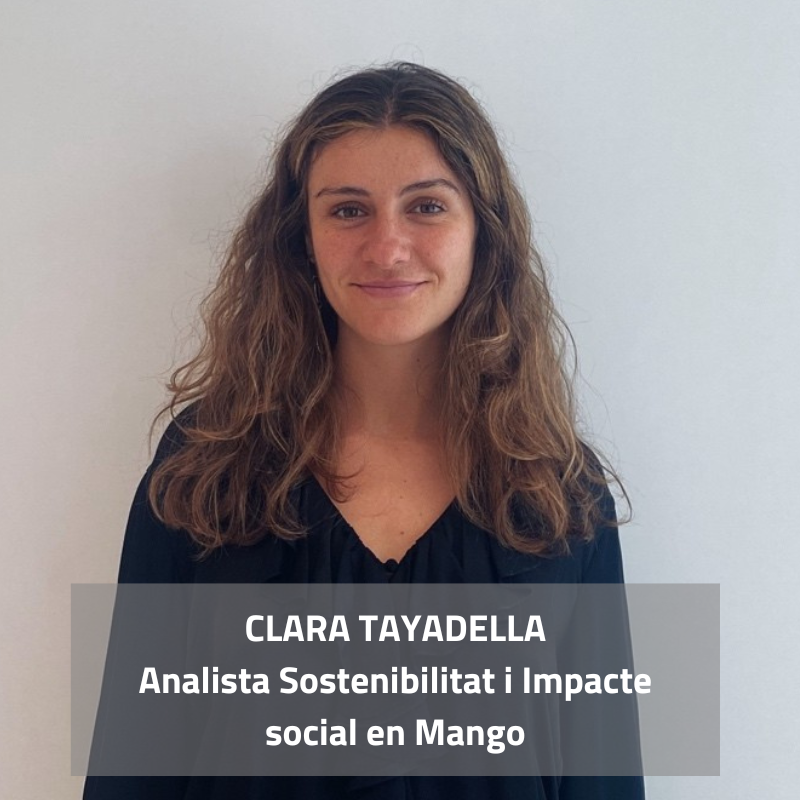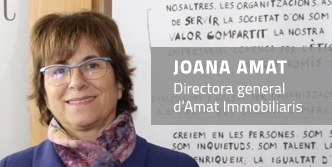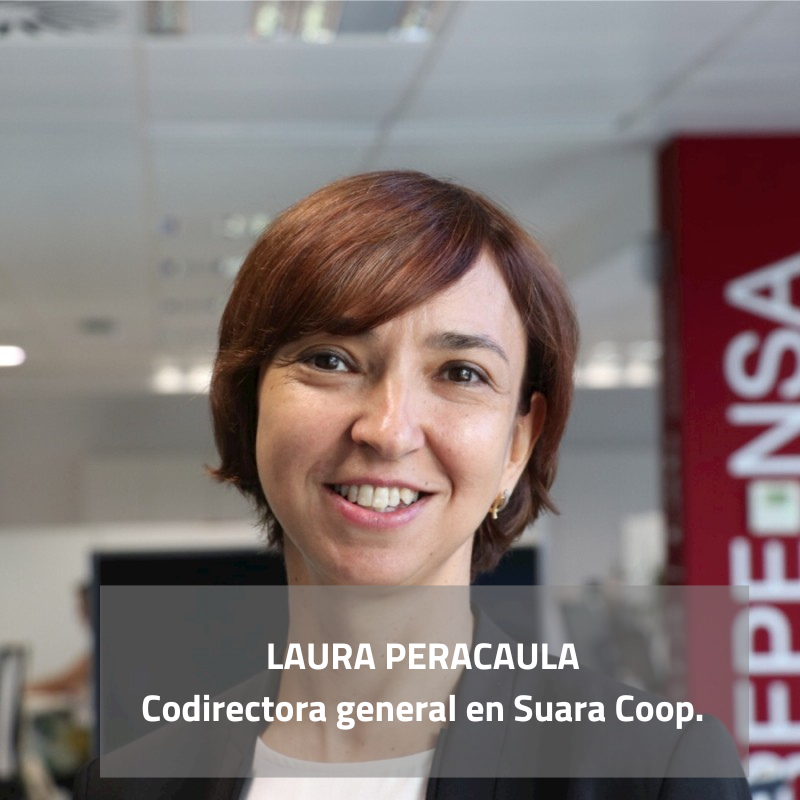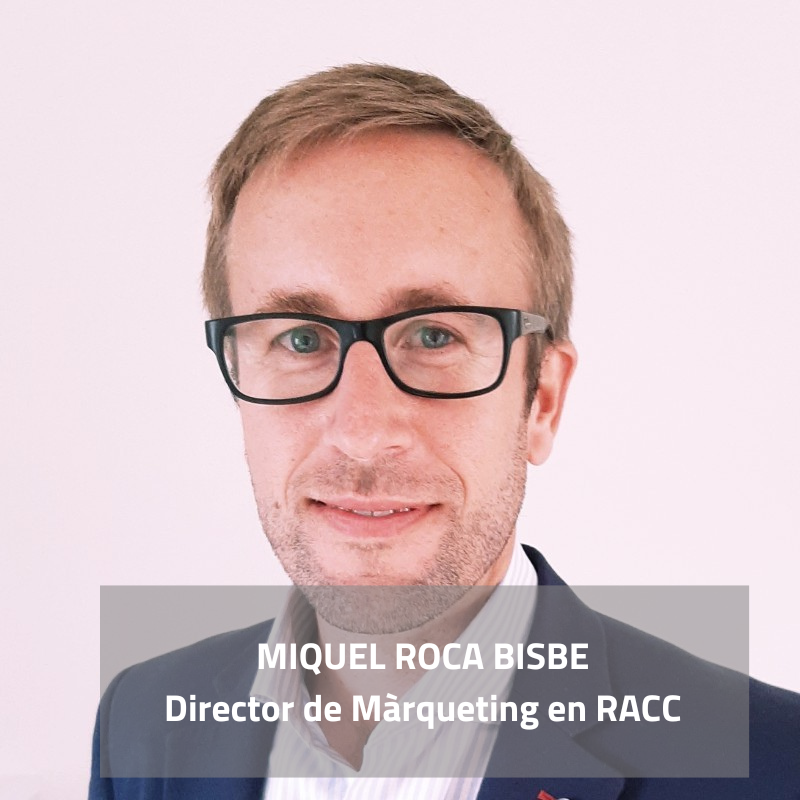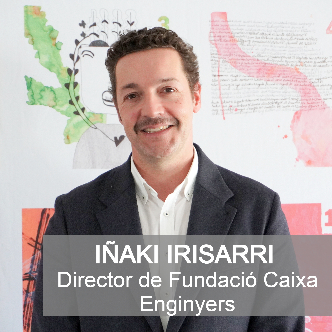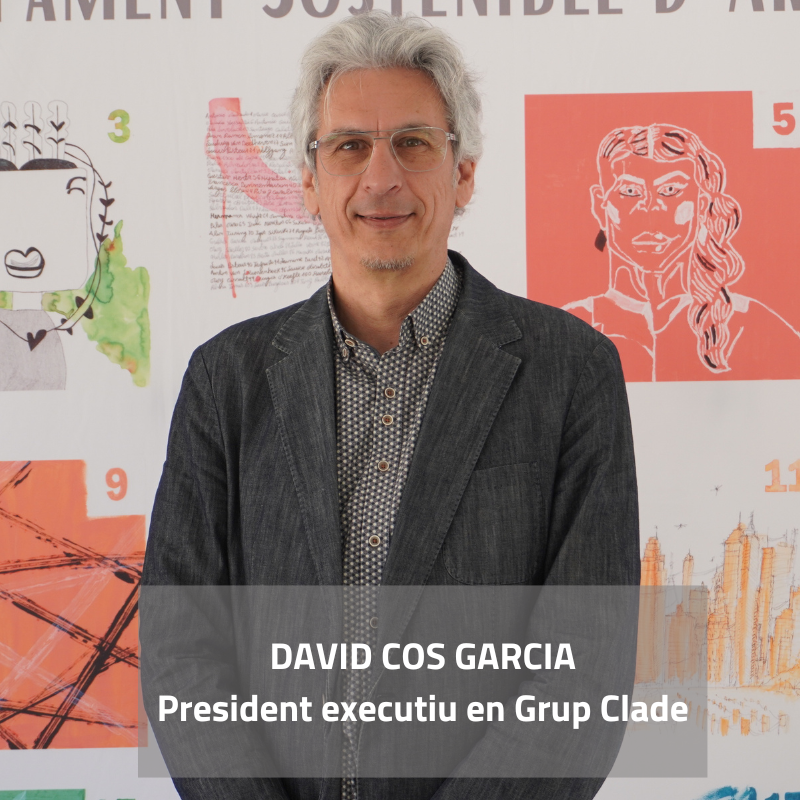#SDG Goal 4: Ensure inclusive and quality education for all and promote lifelong learning
![]()
«Ensure inclusive and quality education for all and promote lifelong learning» is the fourth of 17 Sustainable Development Goals (SDG) approved by United Nations for the period 2015-2030
![]()
Obtaining a quality education is the foundation to improving people’s lives and sustainable development. Major progress has been made towards increasing access to education at all levels and increasing enrolment rates in schools particularly for women and girls. Basic literacy skills have improved tremendously, yet bolder efforts are needed to make even greater strides for achieving universal education goals. For example, the world has achieved equality in primary education between girls and boys, but few countries have achieved that target at all levels of education.
Facts and figures
- Enrolment in primary education in developing countries has reached 91 per cent but 57 million children remain out of school
- More than half of children that have not enrolled in school live in sub-Saharan Africa
- An estimated 50 per cent of out-of-school children of primary school age live in conflict-affected areas
- 103 million youth worldwide lack basic literacy skills, and more than 60 per cent of them are women
Goal 4 targets
- By 2030, ensure that all girls and boys complete free, equitable and quality primary and secondary education leading to relevant and Goal-4 effective learning outcomes
- By 2030, ensure that all girls and boys have access to quality early childhood development, care and preprimary education so that they are ready for primary education
- By 2030, ensure equal access for all women and men to affordable and quality technical, vocational and tertiary education, including university
- By 2030, substantially increase the number of youth and adults who have relevant skills, including technical and vocational skills, for employment, decent jobs and entrepreneurship
- By 2030, eliminate gender disparities in education and ensure equal access to all levels of education and vocational training for the vulnerable, including persons with disabilities, indigenous peoples and children in vulnerable situations
- By 2030, ensure that all youth and a substantial proportion of adults, both men and women, achieve literacy and numeracy
- By 2030, ensure that all learners acquire the knowledge and skills needed to promote sustainable development, including, among others, through education for sustainable development and sustainable lifestyles, human rights, gender equality, promotion of a culture of peace and non-violence, global citizenship and appreciation of cultural diversity and of culture’s contribution to sustainable development
- Build and upgrade education facilities that are child, disability and gender sensitive and provide safe, nonviolent, inclusive and effective learning environments for all
- By 2020, substantially expand globally the number of scholarships available to developing countries, in particular least developed countries, small island developing States and African countries, for enrolment in higher education, including vocational training and information and communications technology, technical, engineering and scientific programmes, in developed countries and other developing countries
- By 2030, substantially increase the supply of qualified teachers, including through international cooperation for teacher training in developing countries, especially least developed countries and small island developing states
Links
- UN Educational, Scientific and Cultural Organization
- UN Children’s Fund
- UN Development Programme
- Global Education First Initiative
- UN Population Fund: Comprehensive sexuality education








